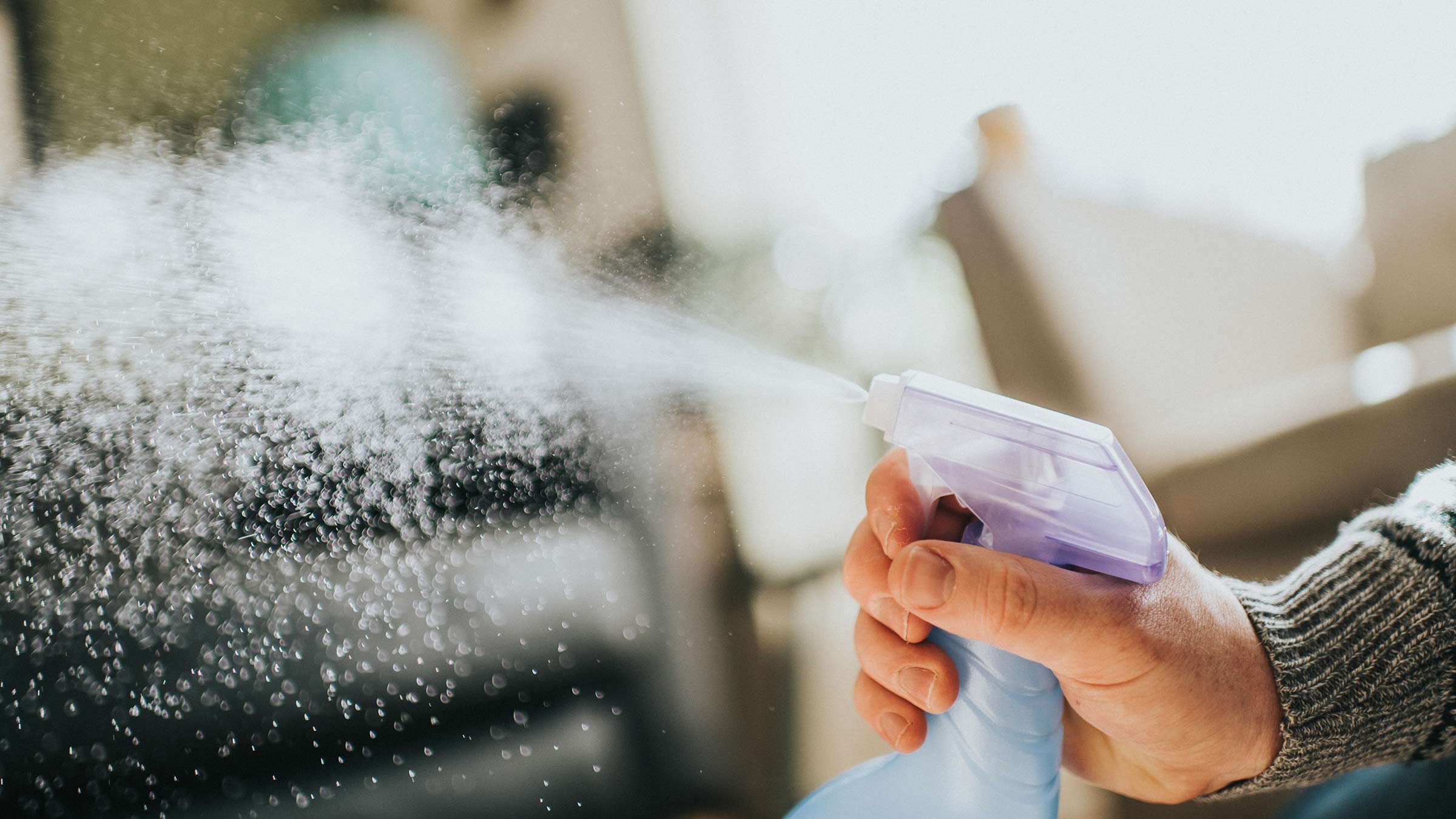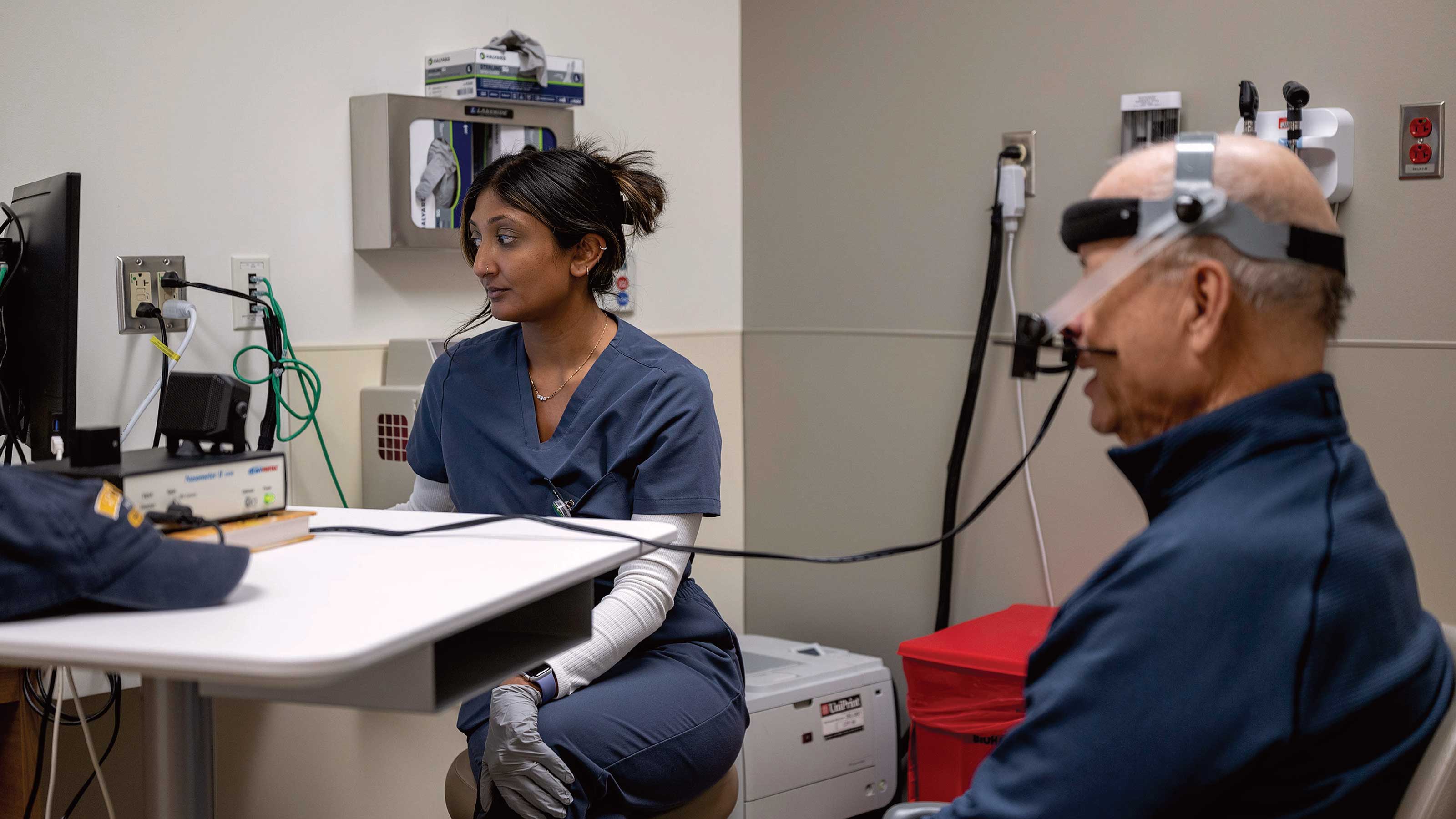
When we inhale the fragrances that surround us in our everyday lives, we might be inhaling hundreds of different chemicals. These scents aren’t closely regulated, and manufacturers aren’t required to disclose everything that’s used to create them.
But we do know that many include volatile organic compounds, or VOCs, which can be irritating and disruptive to our airways and have a number of other negative health effects. We also know that when we breathe in fragrances, we’re breathing in particles small enough to cross the lining of our blood vessels and make their way into our bloodstreams.
We find fragrances not just in perfumes and colognes, but air fresheners, soaps and shampoos, deodorants, laundry detergents and dryer sheets, bug sprays and e-cigarettes, and the list goes on.
While researchers are still studying the impact of these types of chemical combinations, there are some people who may be at higher risk of adverse reactions, and there are some precautions you can take to lessen the impact.
What are potential short-term health effects of fragrances?
- Allergic or inflammatory responses, such as itchy/watery eyes, congestion, runny nose, throat irritation, coughing or wheezing
- For people with lung disease, particularly asthma or chronic obstructive pulmonary disease (COPD), there can be wheezing, shortness of breath or other underlying symptoms.
- Heart rate or blood pressure changes
- Migraine headaches
What are potential long-term health effects of fragrances?
- Difficulty breathing
- Changes in cardiac function, specifically in the heart’s ability to pump
- Disruption to the endocrine system, which regulates hormones
- Increases in glucose levels, similar to those in people with type two diabetes, a risk that can be passed from pregnant women to offspring
- Based on early research, possible exacerbation of dementia
- Certain cancers, with high, prolonged, continuous exposure to some compounds
Who is most at risk of fragrances’ effects on our health?
People at highest risk are those who work in environments where they’re continuously exposed to fragrances, such the cleaning industry, cosmetics industry or agriculture industry. You also may be at slightly higher risk if you are continuously exposed to fragrance through personal overuse.
Also, if you have an allergy or sensitivity or a pre-existing condition, like asthma or COPD, you’ll want to avoid highly fragranced environments. But you don't have to have any underlying chronic lung disease to be impacted by these compounds. Many of us can relate to the experience of walking through the fragrance section of a department store and coughing or sneezing. Those compounds are causing an inflammatory reaction. If you have a negative reaction to a particular scent or location, your body is telling you to step back.
Over time, though, appropriate, everyday exposure to fragrances is typically not a health issue for people without underlying disease.
How to reduce exposure to volatile organic compounds (VOCs) in fragrances
- Wear a mask if you’re sensitive to fragrances or have an underlying condition.
- Reduce the time you’re in an environment where you’re exposed to irritating fragrances.
- Get fresh air when possible without aggravating allergies.
- Increase ventilation and use an exhaust fan.
- Ensure you have the best filter for your furnace.
- Use unscented products as often as you can. (Note: “Natural,” “organic” and biodegradable products might not necessarily be unscented and often contain the same fragrance compounds as other products.) Don’t rely on labels to disclose all product ingredients when it comes to fragrance.
- Try to avoid aerosol dispensers, which deliver large concentrations in short bursts; if you use them, turn your head away from the can when dispensing.
- Candles and essential oils, if slowly diffused over time, can be better options for home fragrance, though they’re not zero-risk.

Take charge of your lung health
Ohio State offers comprehensive treatments for lung conditions that help you breathe easier.
Learn more





